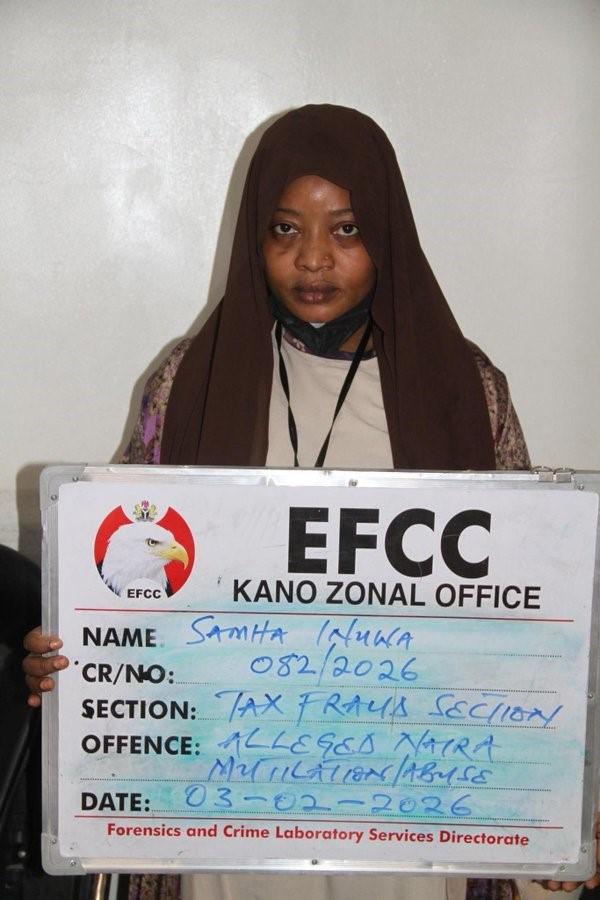
A public hearing on the proposed National Code of Corporate Governance (NCCG) scheduled for today will no longer hold because of a court injunction.
The steering committee constituted by the federal government to develop the national corporate governance code recently finalised work on the draft document and it was on April 15th exposed for comments from stakeholders for 30 days. The NCCG is in three parts: private sector, public sector and not-for-profit.
Speaking at a media briefing in Lagos, the Chairman of the Board of Financial Reporting Council (FRC), Mrs. Maryam Ladi Ibrahim, disclosed that as a result of the court injunction, the public hearing would no longer hold. She however did not disclose the parties that filed the suit.
“We exposed the draft for 30 days and expected people to note their observation and present it at the public hearing, before we got a court injunction that we cannot go ahead. I am surprised at the injunction because when we said we want to have a public hearing, it is for you to come up and say what you are aggrieved about on that corporate governance code.
“If you don’t come to talk for us to put together the things we need to put together, we cannot move forward as a nation. It is not that as soon as we hold the public hearing, it becomes a code for Nigeria, no! If not for the court injunction, after the public hearing, what we would have done is to put all the observations together and it would be submitted to the technical committee. So, it is long process.
“So, for those people who went to court, the public hearing would have been an opportunity for them to come forward and express their grievance.”
The FRC board chairman however said the Council has also taken legal steps aimed at vacating the injunction.
Ibrahim maintained that the code of corporate governance is healthy for the nation, insisting that it would enthrone transparency and promote best practise.
“Professionally, when you have a standard to produce, we have due process to follow and it is that due process that we have been on in the past two years. All the stakeholders, including the big four audit firms that are internationally recognised were, all involved right from the start. If all the stakeholders, for over two years have been part of the process and observation, I don’t think they should have any problem with the code,” she added.
She denied a recent media report that there is division in the board of FRC, saying that board members were surprised to read such a report. According to her, approval had be given for a review FRC salary structure and their salary arears had been defrayed.
“We equally needed to employ some professionals. The Executive Secretary had to right the Civil Service Commission and the Head of Service, to give a waiver, because we have so much work to here, but we don’t have the manpower. And until we have the manpower to fill in those vacancies, we cannot move on. Simply that was what people were talking about. Staffs need to be promoted, but there is need for due process,” she said.





















